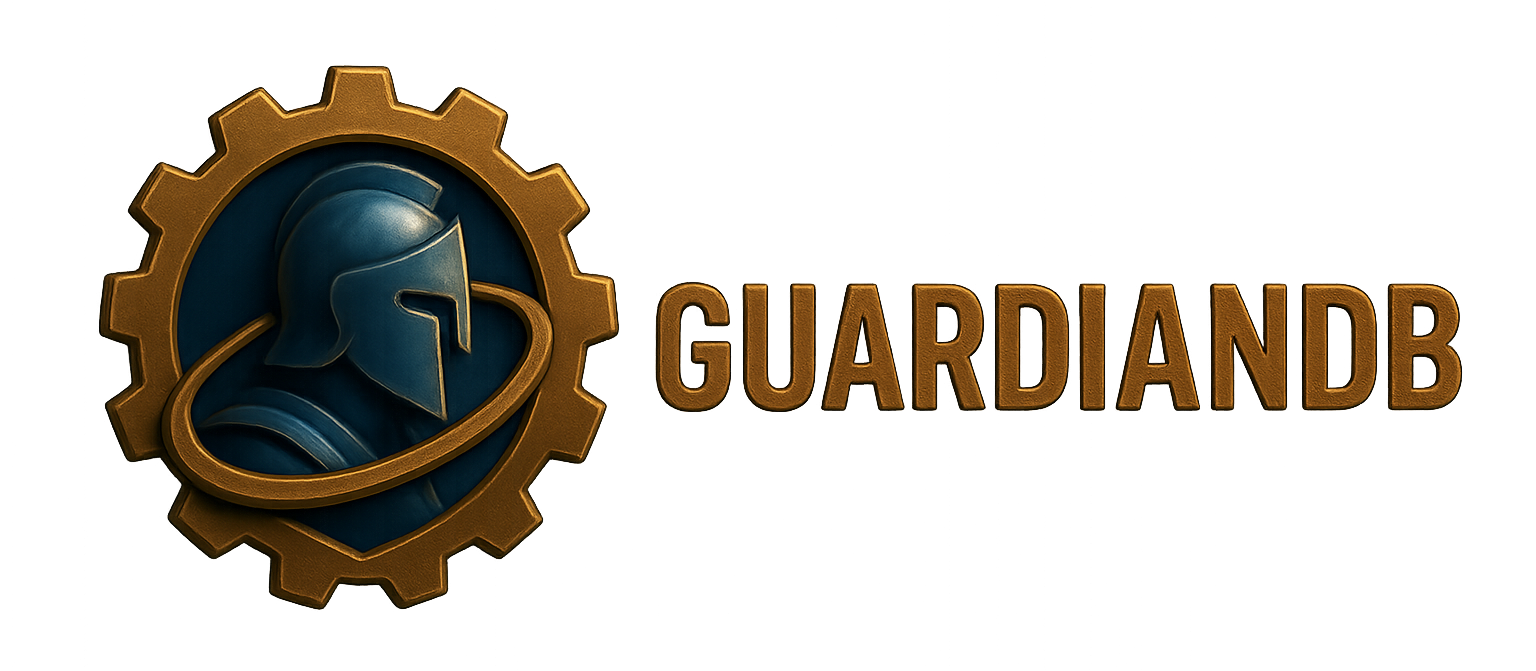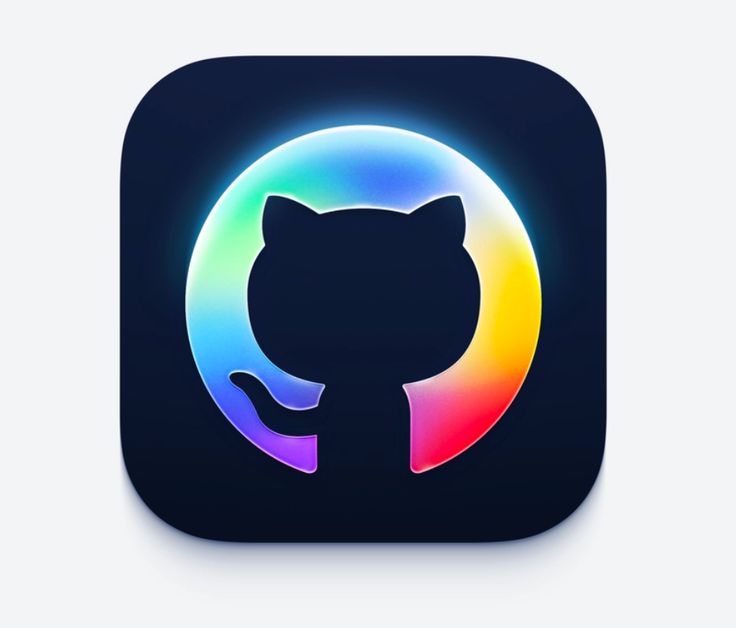
Built for the decentralized edge. GuardianDB has evolved beyond its origins to become a distinct, memory-safe database engine written in pure Rust. Powered by the Iroh stack, it replaces legacy IPFS/OrbitDB architectures with direct QUIC tunnels, Magicsock for seamless NAT traversal, and zero-copy binary serialization. Designed for superior performance, it delivers sub-millisecond synchronization without central servers.
Discover GuardianDB. Explore the
project source code.
GuardianDB is no longer just a rewrite; it is a revolution in P2P databases. With the new “Ironclad” architecture, we have left the limitations of the past behind to deliver extreme performance, modern cryptographic security, and unprecedented lightness.
Think of GuardianDB as a local SQLite or MongoDB running on your device, but with “network superpowers.” Instead of relying on a cloud server, it operates over a secure Iroh Mesh. Each device owns its data and synchronizes only the differences (deltas) with other peers through encrypted tunnels, ensuring your applications work with the same fluidity both offline and online.
For the Event Log Store, sequential and immutable, we preserve our own CRDT implementation. In this domain, it remains the most direct and efficient solution. For the KV and Document Stores, we will soon disable the legacy complexity and natively integrate iroh-docs. Its ticket-based synchronization has proven to be superior, faster, and simpler where mutability requires intelligent reconciliation. Each module will operate with the engine that best understands its nature.
“GuardianDB enters the Ironclad era. Not just stronger, but more essential. We shed the weight of legacy layers and kept what truly matters: pure Rust, direct P2P synchronization, and an architecture designed to scale without noise. The result is a decentralized database that does not compromise on efficiency,and turns synchronization into something silent, fast, and reliable.”
– William Maslonek

We’re looking for Rust Developers who want to:
- Build solid tests and benckmarks
- Write and improve documentation
- Contribute to the IROH NETWORK CORE
- Give feedback
Frequently Asked Questions
What is GuardianDB for?
GuardianDB is designed to create decentralized applications that need to store and share data securely and efficiently, without relying on a central server. It is ideal for scenarios where decentralization, censorship resistance, and data sovereignty are important. In essence, GuardianDB provides the tools to build the next generation of web applications, where users have more control over their data and applications are more resilient and open.
What are the use cases of GuardianDB?
Decentralized Applications (dApps): It is the perfect foundation for building social networks, content platforms, voting systems, or any application that benefits from having no central point of failure or control.
Secure Data Sharing: Allows users and devices to exchange information directly with each other (peer-to-peer) in an encrypted and secure manner.
Offline-First Databases: Applications built with GuardianDB can operate offline, as each participant has a local copy of the database. Changes are synchronized with other participants when the connection is restored.
Censorship Resistance: Since data is distributed across a network of participants, it is much harder for a single entity to censor or remove information.
Audit Trails and Immutable Logs: The Event Log Store is perfect for creating activity records that cannot be altered, ensuring data integrity and transparency.
IoT (Internet of Things) Applications: Devices can use GuardianDB to share data securely and autonomously, without the need for a central server to mediate communication.
Why GuardianDB is Superior?
Compared to Original OrbitDB (JavaScript):
- Memory Safety: Zero memory vulnerabilities thanks to Rust’s ownership system
- Superior Performance: Elimination of V8 overhead and garbage collector
- Type Safety: Compile-time error prevention vs JavaScript runtime errors
- Native Binary: Standalone executables without Node.js runtime dependencies
- True Concurrency: Fearless concurrency with Tokio async runtime
Compared to OrbitDB (GO):
- Zero-Cost Abstractions: High-level abstractions without performance overhead
- Ownership System: Deterministic memory management vs Go’s garbage collector
- LLVM Optimization: Compilation to highly optimized machine code
- Safe Concurrency: Thread-safe by design vs potential goroutine data races
- Predictable Performance: No GC pauses, consistent latency
If you’re into distributed systems, Iroh, decentralized databases, or just want to get your hands dirty with a different kind of open-source project, join us!
- Contribute
- Give feedback
- Submit a Pull Request

